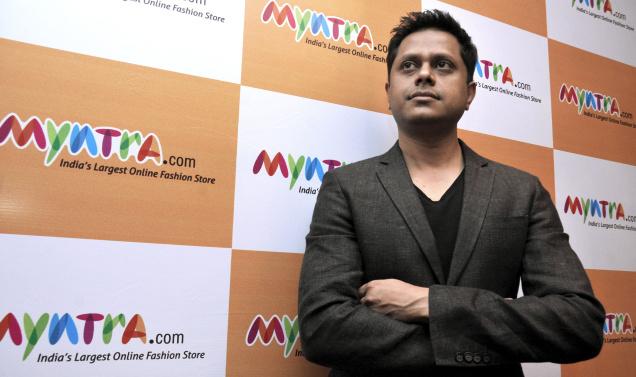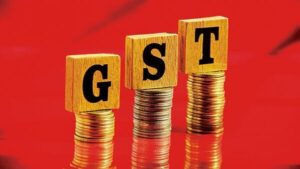Mukesh Bansal on Overcoming Crises, E-Commerce Growth, and AI Disruption

Mukesh Bansal on Overcoming Crises, E-Commerce Growth, and AI Disruption
New Delhi: Crises are a defining factor for entrepreneurs, and Mukesh Bansal, the founder of Myntra and Cultfit, recently shared insights into the toughest challenges of his 25-year entrepreneurial journey. In an exclusive interview with NDTV Profit, Bansal recalled a critical moment in 2013 when Myntra was on the verge of collapse due to a financial crunch.
Myntra’s Make-or-Break Moment in 2013
Bansal revealed that Myntra had run out of funds, with a workforce of 300 employees and a growing customer base. “We were just days away from missing payroll. It was evident to some of us that survival was going to be very tough,” he admitted. However, a last-minute $5 million investment from Tiger Global’s Lee Fixel gave Myntra a crucial six-month lifeline.
“It came down to conveying to him that we truly believed in our vision. We thought we could make it work; we just needed to get through the next few months,” Bansal said, crediting Fixel for his confidence in the startup.
Lessons from the COVID-19 Crisis
Reflecting on another major crisis, Bansal discussed the impact of the COVID-19 pandemic on his fitness startup, Cultfit. “Revenue went from 100 to zero overnight,” he said, highlighting how gyms and theaters were among the hardest-hit sectors. However, he embraced the challenge, saying, “Never let a crisis go to waste.” The company used the period to eliminate inefficiencies and strengthen core operations.
The Dot-Com Boom and Myntra’s Genesis
Bansal’s entrepreneurial vision was shaped by the dot-com boom in the US, which influenced his decision to launch Myntra upon returning to India. He observed inefficiencies in traditional retail, recalling a visit to a nearly empty mall filled with unsold inventory. “It felt like such a waste. All this inventory should be available online too,” he said, reinforcing his belief in the potential of e-commerce in India.
Entrepreneurship: A Marathon, Not a Sprint
Sharing insights on business leadership, Bansal likened entrepreneurship to running a marathon. “You need staying power. Strong opinions, loosely held—believe in your vision, but be adaptable enough to pivot when necessary,” he advised.
Bansal also emphasized fostering a transparent workplace culture. “I do not believe in explicit hierarchies. Fresh talent can transform company culture and bring in new ideas,” he noted.
AI: The Biggest Technological Shift of Our Time
Discussing artificial intelligence, Bansal called it “the most significant technological shift of all time.” While acknowledging potential job losses, he remained optimistic about AI creating new job opportunities. “Some jobs will be lost, there’s absolutely no question about it. But AI will also generate new kinds of work,” he said.
Investor interest in AI has surged in the past two years, but Bansal cautioned against expecting immediate returns. “AI development is a long game, and it will take considerable time to mature fully,” he concluded.
Stay tuned for more insights from India’s top entrepreneurs on navigating business challenges and technological disruptions.












